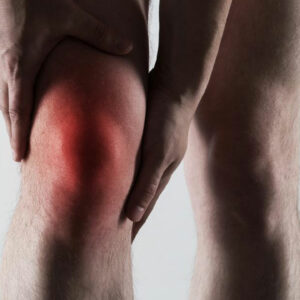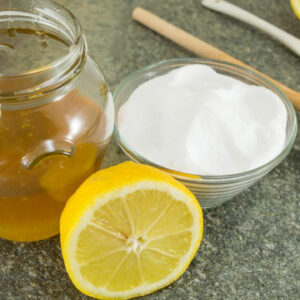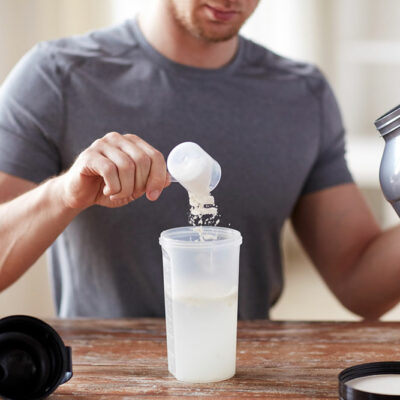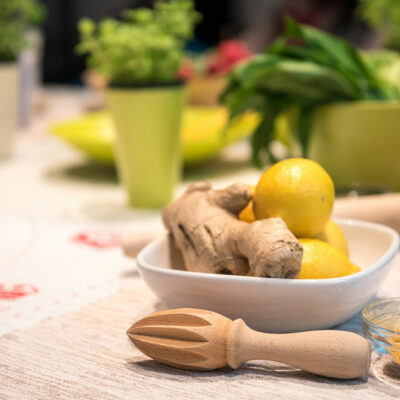
01
Here’s How Cherries Help in Gout Treatment
Gout, which is also sometimes referred as the gouty arthritis is a condition, which typically affects the small bones of the body. It is caused due to a faulty metabolic system, gout leads to joint swelling, stiffness and burning pain in the small bones of the body. Even though this arthritis condition can affect anyone, men have more risks of getting gouts than women. Gouts can harm any joints of the body yet it mostly affects the big toe. Neglecting gouts in the initial stages can aggravate the condition. Treatment can be done by getting the condition diagnosed by a doctor. To ease the pain, patients can also consider taking home remedies like cherry juice. Cherry juice can relieve gout pain Research works conducted by the experts have proven the fact that consuming cherry juice for gout on a regular basis can help in treating gout-related problems significantly. As per the studies, consuming one cup of cherry every day can help in checking the risk of gout attacks by at least 35 percent. That means, increase in cherry consumption will decrease gout pain proportionately. Cherry juice has a simple measure to relieve pain. The juice consumed breaks down into anthocyanins and bioflavonoids, which in turn help in reducing the inflammation as well as the uric acid level of blood. Regular consumption of cherry juice can help in relieving the symptoms of gout pain in a couple of weeks by stabilizing uric acid level. Though cherry juice for gout is an excellent choice for relieving the pain, just consuming any amount will not serve the purpose. To curb the increased uric acid level in blood, you need to take two servings of cherry juice each day. Depending on your preference, you can mix cherry juice with apple cider vinegar and drink.
Read More 










